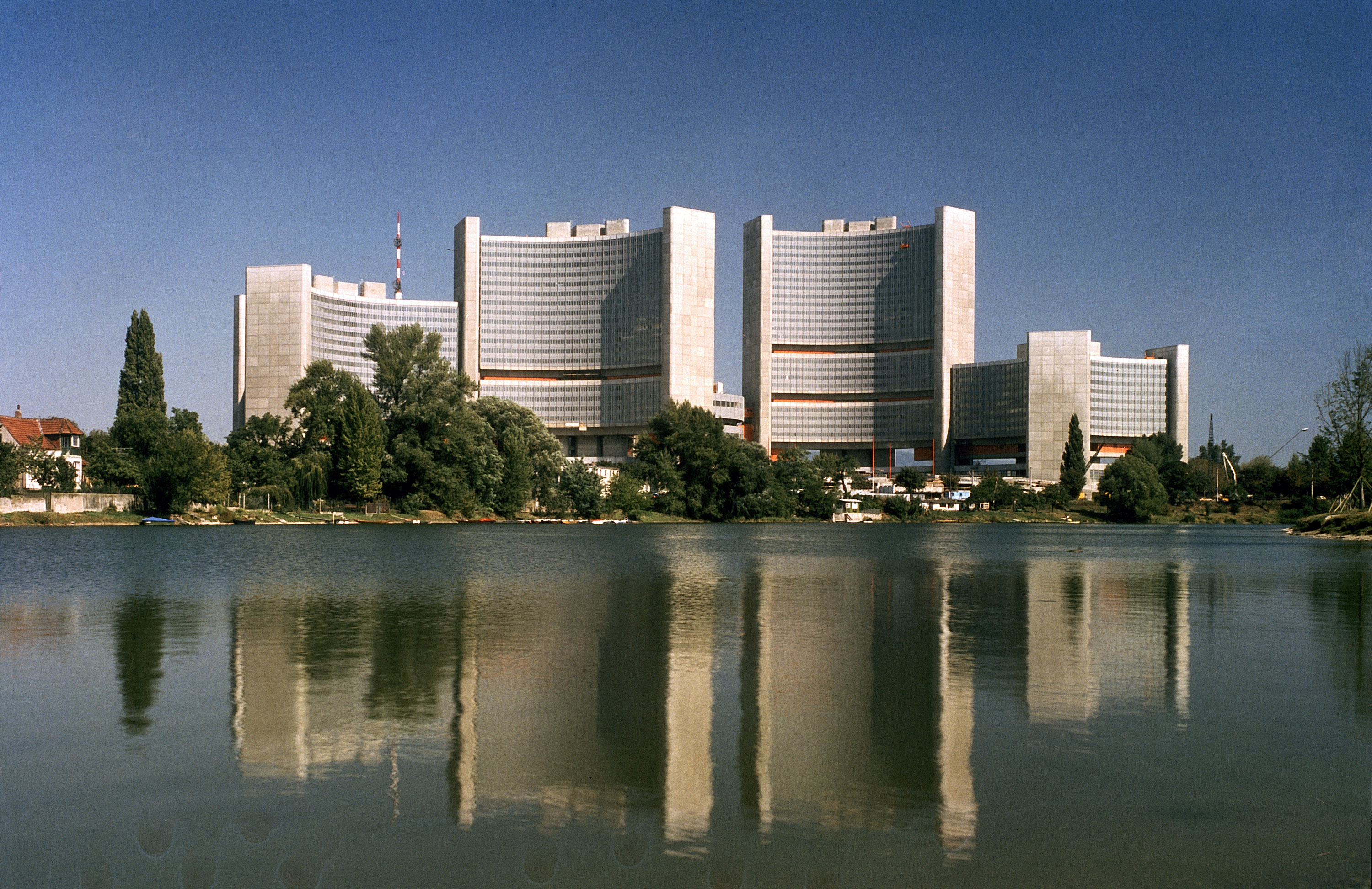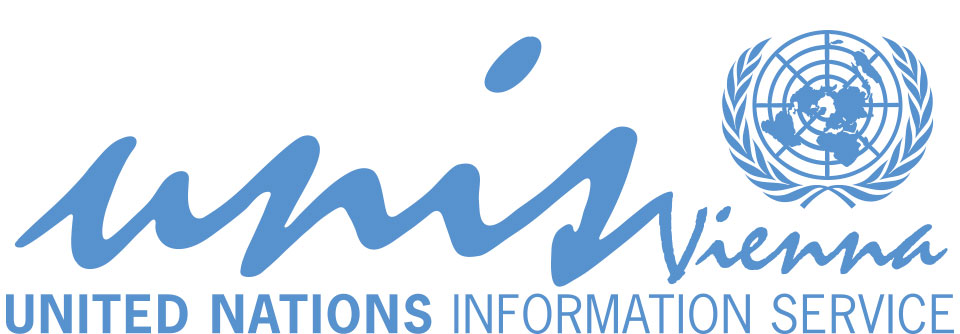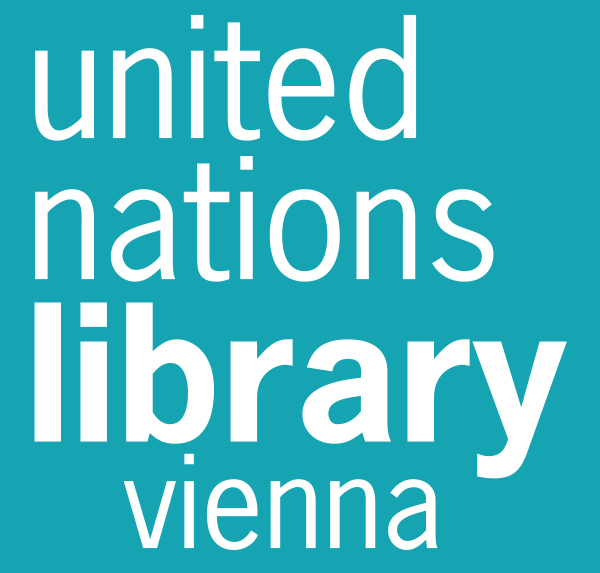UNOV manages and implements the United Nations programme on the peaceful uses of outer space and provides common services, such as conference services, information services, security and safety services, procurement services and general support services, for the organizations located at the Vienna International Centre.
UNOV is closely associated with the United Nations Office on Drugs and Crime (UNODC). A shared Division for Management, in addition to the common services listed above, supports both organizations with financial resources management services, human resources management services and information technology and communications services.

The United Nations Office on Drugs and Crime (UNODC) is a global leader in the fight against illicit drugs and international crime, in addition to being responsible for implementing the United Nations lead programme on terrorism. Established in 1997, UNODC has approximately 500 staff members worldwide. Its headquarters are in Vienna and it operates 20 field offices, as well as liaison offices in New York and Brussels.
UNODC works to educate people throughout the world about the dangers of drug abuse and to strengthen international action against illicit drug production and trafficking and drug-related crime. To achieve those aims, UNODC has launched a range of initiatives, including alternatives in the area of illicit drug crop cultivation, monitoring of illicit crops and the implementation of projects against money-laundering.
UNODC also works to improve crime prevention and to assist with criminal justice reform in order to strengthen the rule of law, promote stable and viable criminal justice systems and combat the growing threats of transnational organized crime and corruption. In 2002, the General Assembly approved an expanded programme of activities for the Terrorism Prevention Branch of UNODC. The activities focus on providing assistance to States, on request, in ratifying and implementing the 18 universal legal instruments against terrorism.
UNODC has 20 field offices covering over 150 countries. By working directly with Governments and non-governmental organizations, UNODC field staff develop and implement drug control and crime prevention programmes tailored to countries' particular needs.


The Library belongs to the global network of United Nations Libraries and, at the Vienna International Centre, works closely with two other libraries: the International Trade Law (UNCITRAL) Library and the United Nations Information Service (UNIS) Library.
The collection contains material related to the work of the United Nations units based in Vienna, official United Nations documents in all official languages, the United Nations Treaty Series, and selected United Nations sales publications and documents of other United Nations organizations and specialized agencies. The online public access catalogue (OPAC) provides information on the materials available.
The Library has also created a series of publicly available Research Guides on subjects related to the work of the United Nations entities based in Vienna. The Guides are designed to provide more information on the work done in Vienna and to highlight both United Nations and Library resources for further research in those subject areas.
For queries on holdings and access to the Library, please contact the Library on (+43-1) 26060-3210 or email viennalibrary@un.org.
United Nations Library – Vienna
Monday to Friday: 09:30–17:00
United Nations Library – Vienna
United Nations Office at Vienna
PO Box 500
1400 Vienna
Tel: (+43-1) 26060-3210
Fax: (+43-1) 26060-7-3210
Email: viennalibrary@un.org

The Office for Outer Space Affairs is the United Nations office responsible for promoting international cooperation in the peaceful uses of outer space. The Office forms part of the United Nations Office at Vienna and serves as the secretariat for the General Assembly’s only committee dealing exclusively with those issues: the Committee on the Peaceful Uses of Outer Space. The Committee has two subcommittees: the Scientific and Technical Subcommittee and the Legal Subcommittee.
The Office for Outer Space Affairs implements the United Nations Programme on Space Applications (PSA) and works to improve the use of space science and technology for the economic and social development of all countries, particularly developing countries. Under the Programme, the Office conducts training courses, workshops, seminars and other activities in subject areas such as remote sensing, communications, satellite meteorology, search and rescue, basic space science and satellite navigation.
On behalf of the Secretary-General, the Office for Outer Space Affairs maintains the Register of Objects Launched into Outer Space and disseminates via its website the information recorded in the Register. The Office also prepares and distributes documents, reports, studies and publications on various aspects of space science and technology applications and international space law. The documents and reports are available in all official languages of the United Nations on the Office’s website.
The Office for Outer Space Affairs provided secretariat services for the three United Nations conferences on the exploration and peaceful uses of outer space and participates in the implementation of the recommendations adopted in the Third United Nations Conference on the Exploration and Peaceful Uses of Outer Space (UNISPACE III), held in Vienna in July 1999.

The United Nations is permitted to issue postage stamps, even though it is an organization and not a country or a territory. In 1951, an agreement was reached with the United States postal authorities whereby the United Nations was permitted to issue stamps denominated in United States dollars for use exclusively at United Nations Headquarters in New York. Similar agreements were reached with the Swiss authorities in 1968 and with the Austrian authorities in 1979. Today the United Nations Postal Administration (UNPA) is the only postal authority that issues stamps in three different currencies: U.S. dollars, Swiss francs and euros. The stamps may be used for postage on mail sent from the United Nations offices in New York, Geneva or Vienna.
The United Nations issues both definitive and commemorative stamps. Usually six new commemorative issues are simultaneously released each year in New York, Geneva and Vienna and remain on sale for 12 months. At the end of that period, any unsold commemorative stamps are destroyed, and those stamps that are sold out are never reprinted. Definitive stamps, however, have an indefinite sale period and can be reprinted in the denominations required for general postal needs.
The stamps are designed to illustrate the aims and achievements of the United Nations and its family of organizations. Thus, the themes depicted on United Nations stamps are unusual in that they cover a range of global issues and problems. That, together with the banknote quality of the printing and security procedures, makes United Nations stamps extremely popular among philatelists worldwide.

600 Third Avenue
31st Floor
New York, New York 10016
Telephone: (+1-917) 54 28 400
Fax: (+1-212) 94 91 840
Website: www.bmeia.gv.at/oev-new-york/
Andromeda Tower, 11th Floor
Donau-City-Straße 6
1220 Vienna
Austria
Telephone: (+43-1) 263 72 91-0
Website: www.bmeia.gv.at/en/austrian-mission/austrian-mission-vienna.html